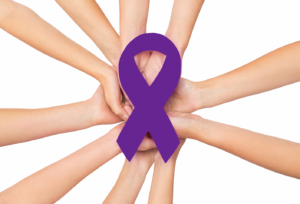
Lymphoma Patients’ Three Hidden “Energy Drains”
And the gentlest way to open them again
Lymphoma-related fatigue is never just “lack of calories”.
It is actually three invisible pathways blocked at the same time:
● Oxygen can’t reach the cells
● Mitochondria run out of power
● Microcirculation turns into mud
When these three drains are cleared, energy returns like turning on a tap — naturally and steadily.









